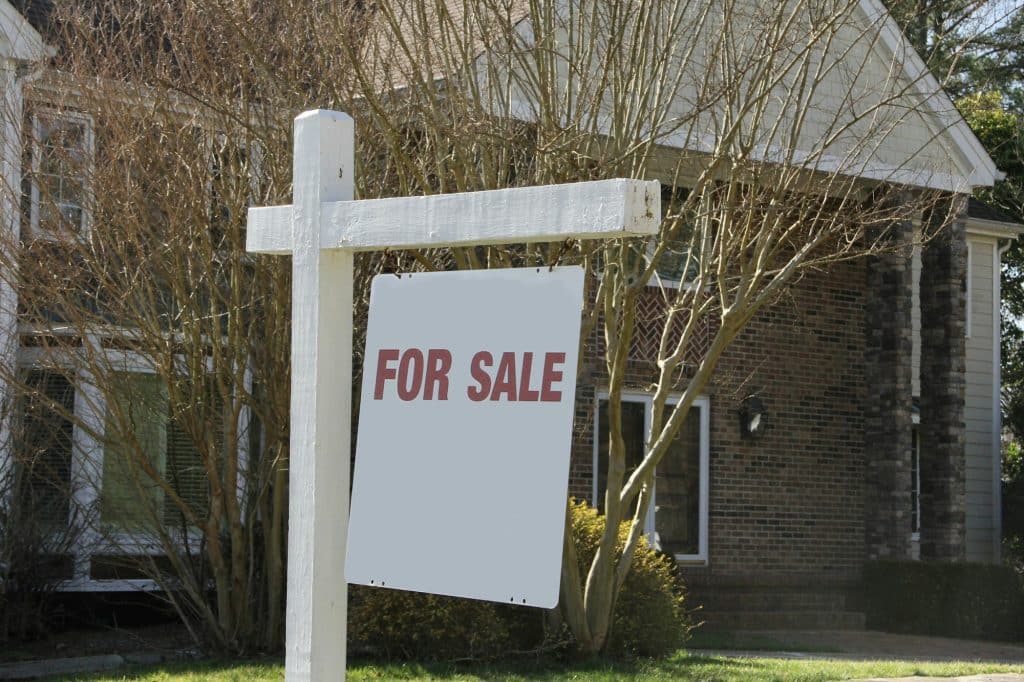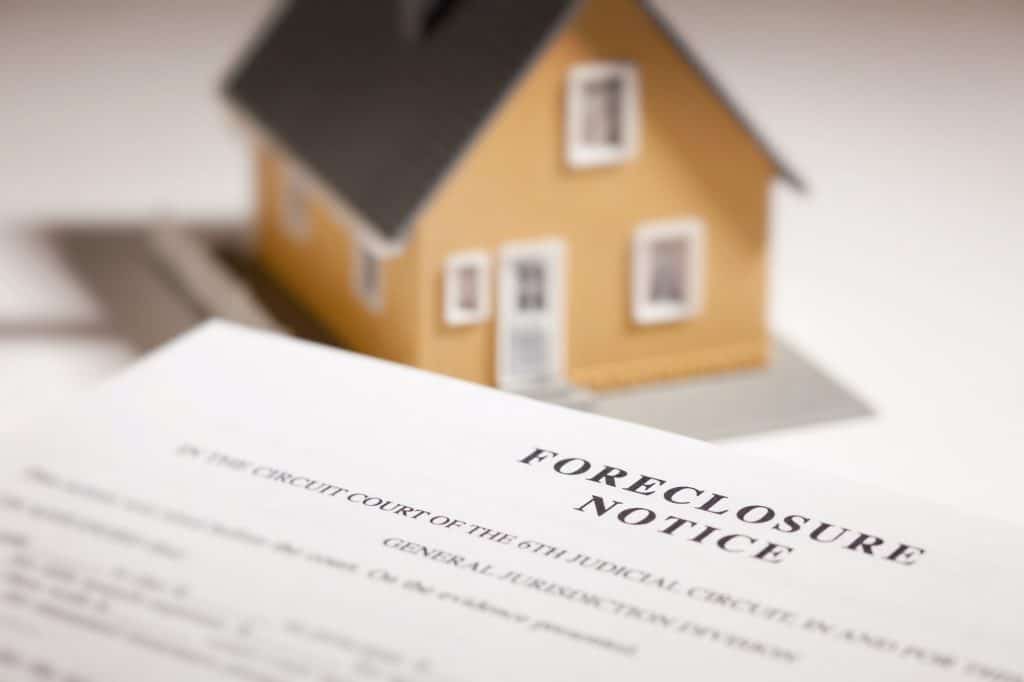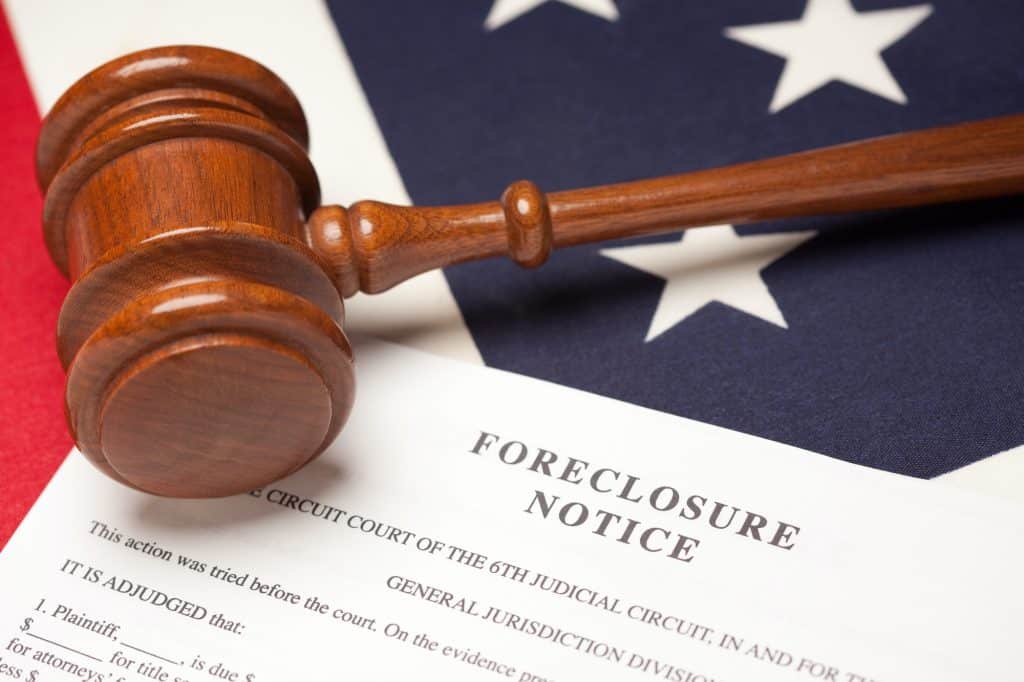Selling your house for cash can seem like a dream come true, especially if you need quick cash or want to avoid the lengthy process of traditional real estate transactions. But a question that might pop into your mind is, “How will this affect my credit score?” It’s a valid concern, considering how much weight our credit scores hold in our financial lives. Let’s dive into how selling your home for cash impacts that all-important number.
Paying Off The Mortgage
Firstly, let’s clarify that selling your house, in itself, does not directly affect your credit score. It’s the debt that gets paid off, like the mortgage, that affects your credit score. The credit bureaus, like Experian, Equifax, and TransUnion, don’t factor in real estate sales when calculating your score. What they do look at are your debts, payment history, and the length of your credit history. So, selling your house and receiving a lump sum of cash doesn’t automatically change any of these elements.
The mortgage is the most important factor in the calculation of your credit score. Someone’s housing is their most important bill. Failure to pay the mortgage timely can have a negative impact on your credit score. But if you are behind in payments on your mortgage, showing that you can catch up or pay off the mortgage is very positive thing. So if you are behind on your mortgage payments or facing foreclosure, selling your home to a cash home buyer who can close fast with cash can be the best thing you can do for your credit report.
If you are facing foreclosure, if your house does get foreclosed on then that stays on your credit report for 7 years. But if you are able to sell your home for cash to avoid foreclosure, the foreclosure never goes on your credit report and your credit report shows that you paid off your mortgage, which will have a positive impact. If you are behind on your mortgage and possibly facing foreclosure, here is more information about Can I Sell My House with My Mortgage in Arrears?
Paying Off Other Debts
What you do with the cash can have from selling your home to a cash home buyer can have significant impact. If you use the proceeds from the sale to pay off existing debts, you could see a positive change in your credit score. Paying down or eliminating high-interest debt, especially credit card balances, can lower your credit utilization ratio, one of the key factors in your credit score. This reduction in debt can lead to a noticeable boost in your credit score over time.
Short Sales
If selling your house for cash is part a short sale, the situation gets a bit more complicated. Short sales are where you sell your house for less than you owe on the mortgage, so the mortgage doesn’t get fully paid off. This is a long process to get your lender to accept a short sale. Short sales are reflected on your credit report and can significantly damage your credit score. However, if selling you home for cash helps you avoid these scenarios by paying off your mortgage before it gets to that point, you could prevent a major hit to your credit. Additionally with a short sale, you will be taxed on the difference between what you owe the bank and what you sell for. You do get a few years to pay the taxes, but that will have a negative impact on your credit if you use cash you would use to pay your bills to pay the taxes on the short sale.
If you are looking at a potential short sale, another option might be to find a cash home buyer who will take over your mortgage. You’re not going to get any of the proceeds from your house anyway, so if someone will take over your mortgage than you get the benefit of the positive payments on your credit report. Here is one more information on how to let a cash home buyer take over your mortgage Passing the Torch: The Ins and Outs of Having a Home Buyer Take Over Your Mortgage
Don’t Make Large Purchases
Additionally, there are indirect effects to consider. Having a substantial amount of cash might tempt you to make large purchases or take on new debt. If you’re not careful, this can negatively impact your credit score. For example, maxing out new credit cards or taking out large loans could raise your credit utilization ratio again, and missing payments on new debts could harm your payment history. When selling your home for cash, it’s best to either pay off existing debt or use the cash from the sale of your home to put in a savings account.

In summary, selling your house for cash doesn’t directly change your credit score, except for paying off the mortgage on your house. The real impact lies in how you manage the proceeds. Using the cash to reduce or eliminate debt can improve your credit, while using it unwisely can lead to negative consequences. As with any financial decision, it’s crucial to plan carefully and consider the long-term effects on your credit health.




